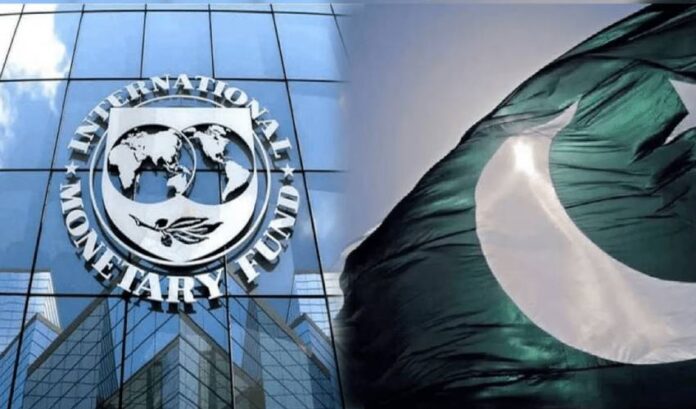ISLAMABAD: Pakistan showed reluctance towards imposing a carbon levy, a key proposal put forward by the International Monetary Fund (IMF).
The IMF has suggested this tax as part of its conditions for a $1 billion loan under the Resilience and Sustainable Facility (RSF), aimed at supporting climate-vulnerable nations in disaster preparedness and energy transition.
During the opening discussions to finalize the RSF, which focuses on disaster resilience, government officials expressed concerns about the potential negative impact of the levy on business growth. The IMF team is in Pakistan to finalize the climate-related conditions for the loan, which marks a shift from the traditional balance-of-payments-focused bailouts. A detailed session on the carbon tax is set to take place today (Tuesday).
One of the proposed conditions for the loan is the imposition of a carbon levy on fossil fuel-powered vehicles—particularly internal combustion engine (ICE) vehicles. The transport sector in Pakistan is responsible for approximately 10% of the country’s carbon dioxide emissions, and a shift towards cleaner vehicles would require significant funding and investment. The Ministry of Industries is currently drafting a five-year policy for New Energy Vehicles (NEVs), estimating that Pakistan will need at least Rs 155 billion by 2030 to replace traditional vehicles with clean energy alternatives.
Pakistan imports nearly 80% of its oil for the transport sector. Transitioning to cleaner vehicles would not only reduce emissions but also save foreign exchange reserves. However, the shift is costly, and subsidies will be required to reduce the cost of new vehicles and infrastructure. For instance, electric two-wheelers are up to 100% more expensive than conventional motorcycles, while new-energy three-wheelers are 123% more expensive. The plan aims to ensure that by 2030, up to 90% of new two- and three-wheeler purchases will be powered by renewable energy sources.
The government is considering measures like exempting new-energy vehicles from federal excise duties, reducing sales tax, and offering zero withholding tax on NEV purchases. Additionally, proposals include providing bank financing for vehicles worth up to Rs 10 million and offering free registration and toll-free access for new-energy cars. The goal is to establish around 750 charging stations by 2030.
The IMF and World Bank see the carbon tax as a crucial step for Pakistan’s fiscal health, encouraging a shift away from fossil fuels. The World Bank report highlights that such a tax could expand the tax base by including untaxed informal economy producers, while promoting efficiency and the adoption of renewable energy.
The government has not yet made a final decision on the carbon levy, with Prime Minister Shehbaz Sharif’s approval required for any commitment. A clearer stance is expected by the end of the week. Additionally, the new IMF facility will focus on the gradual removal of subsidies for electric tube-wells, the natural gas subsidy for fertilizers, and the implementation of reforms in Pakistan’s sugar industry.




